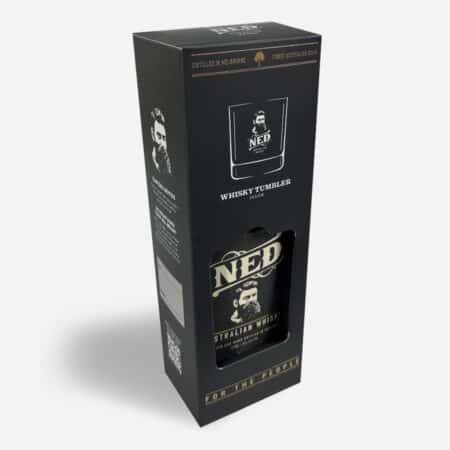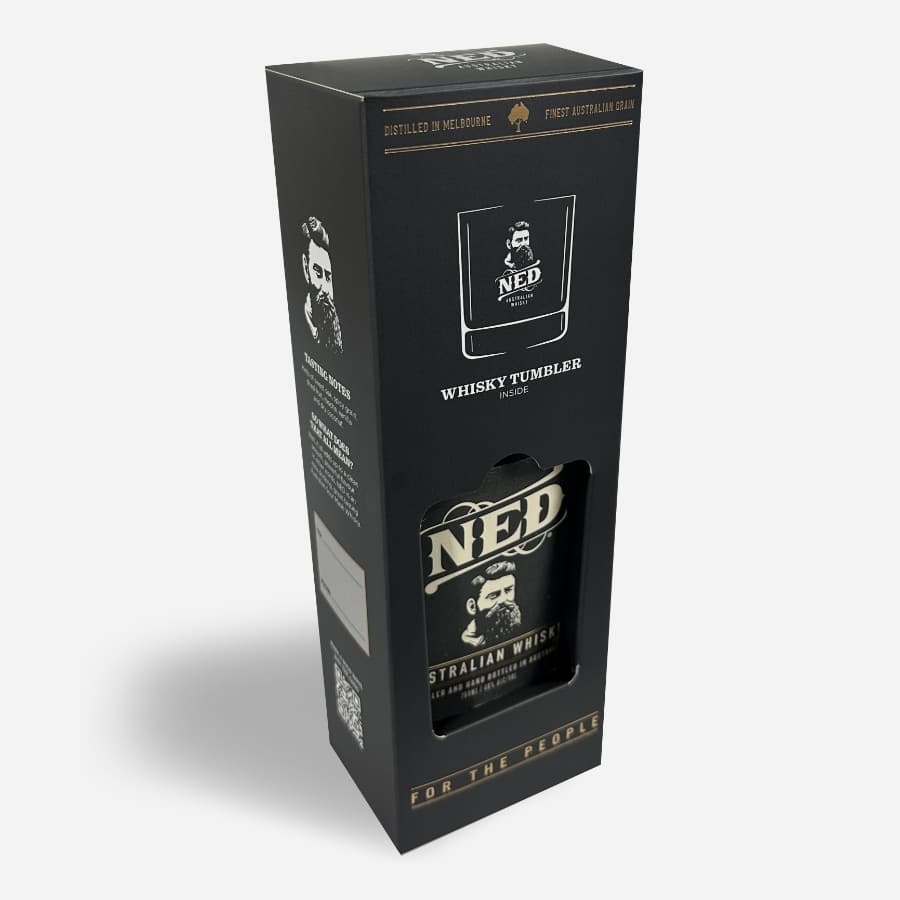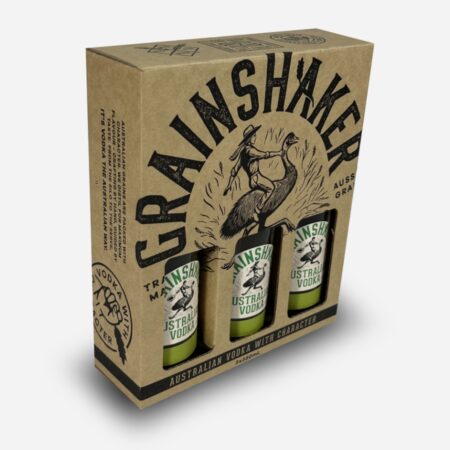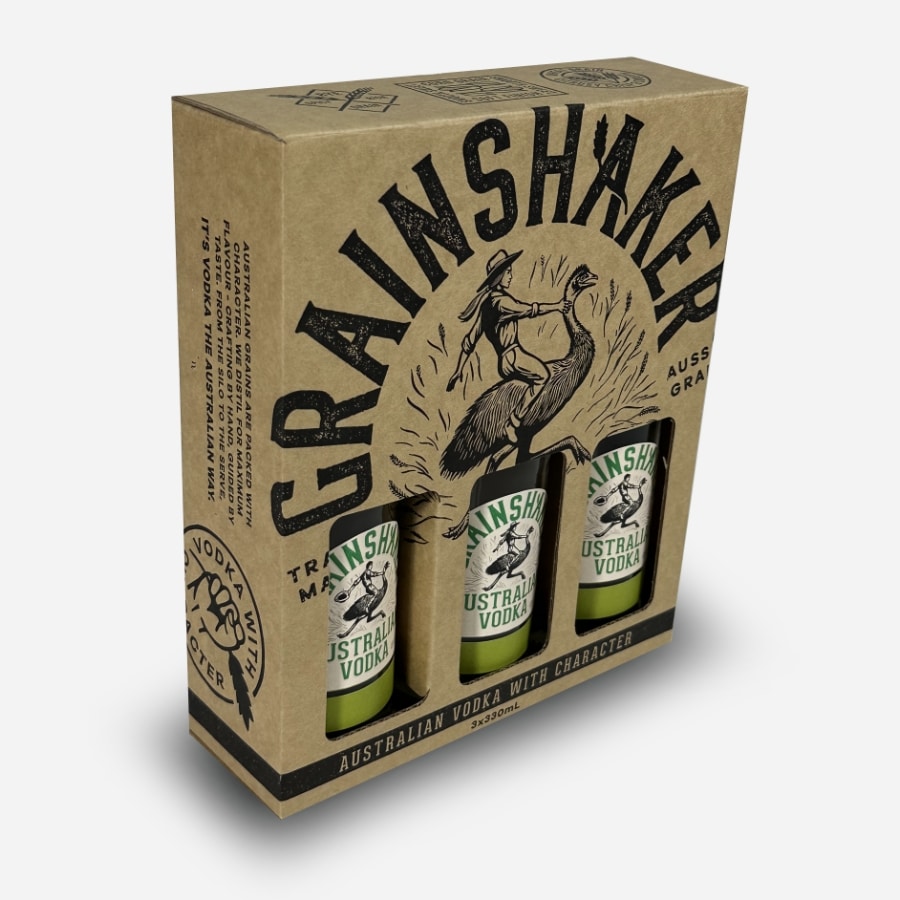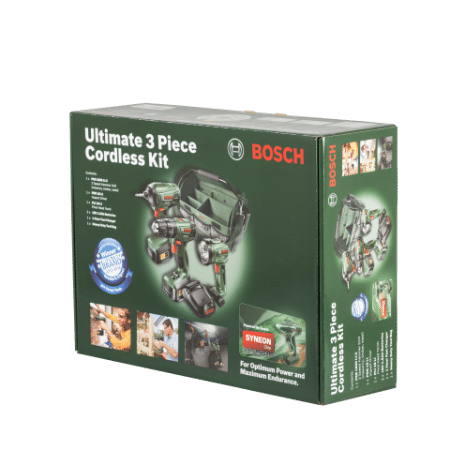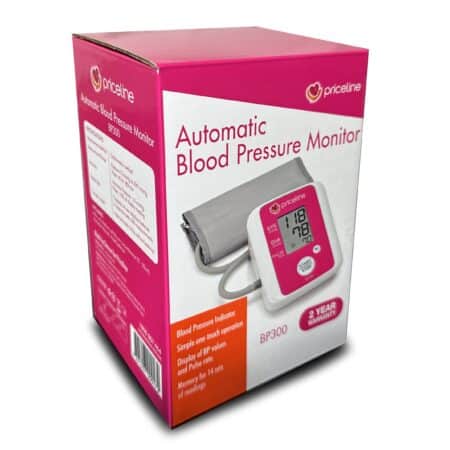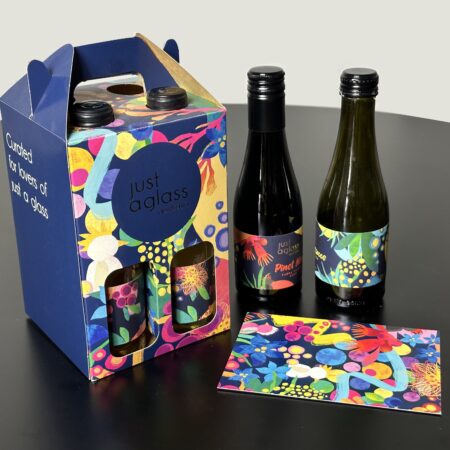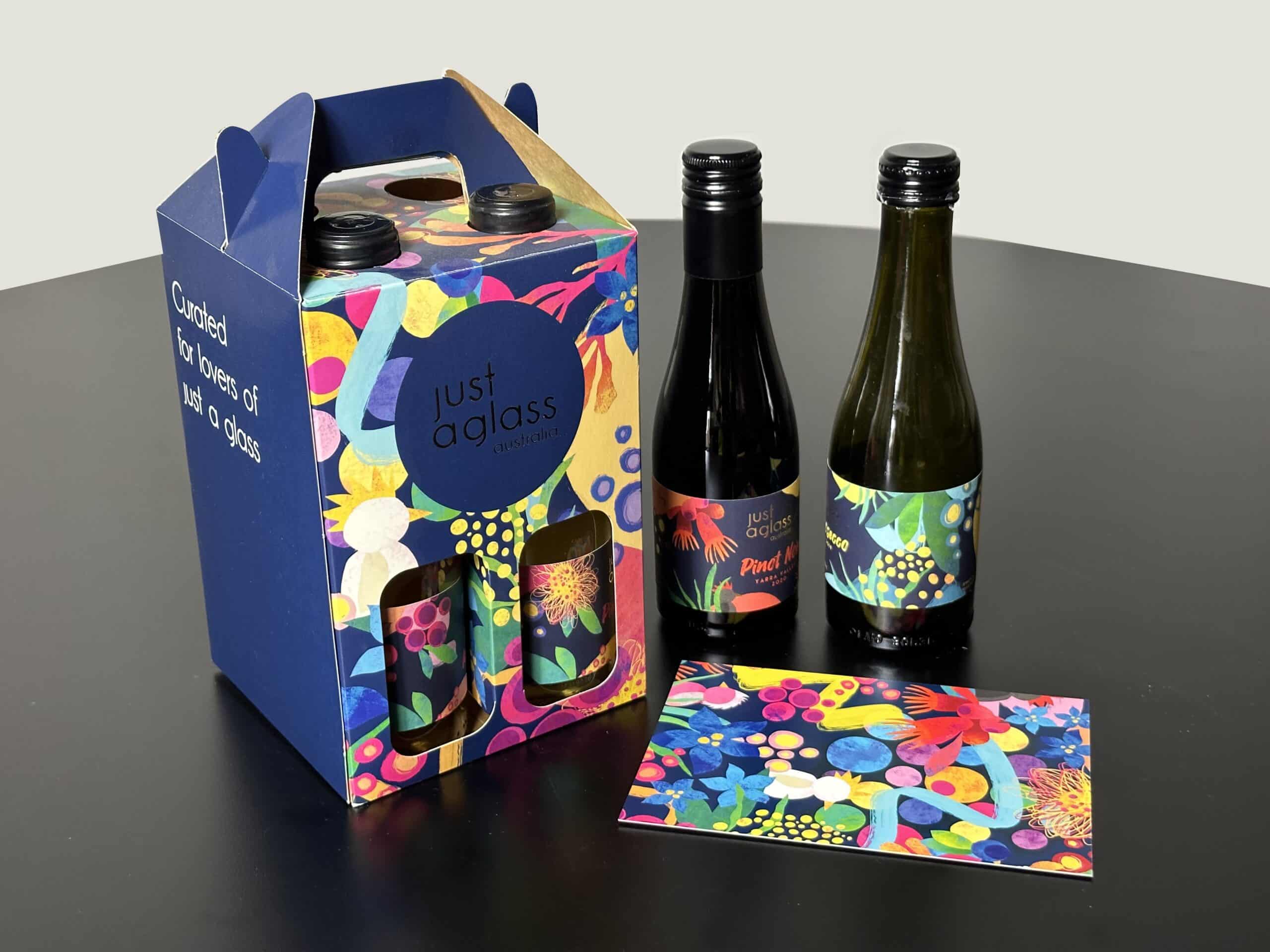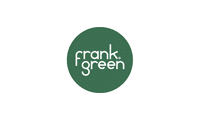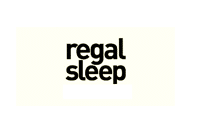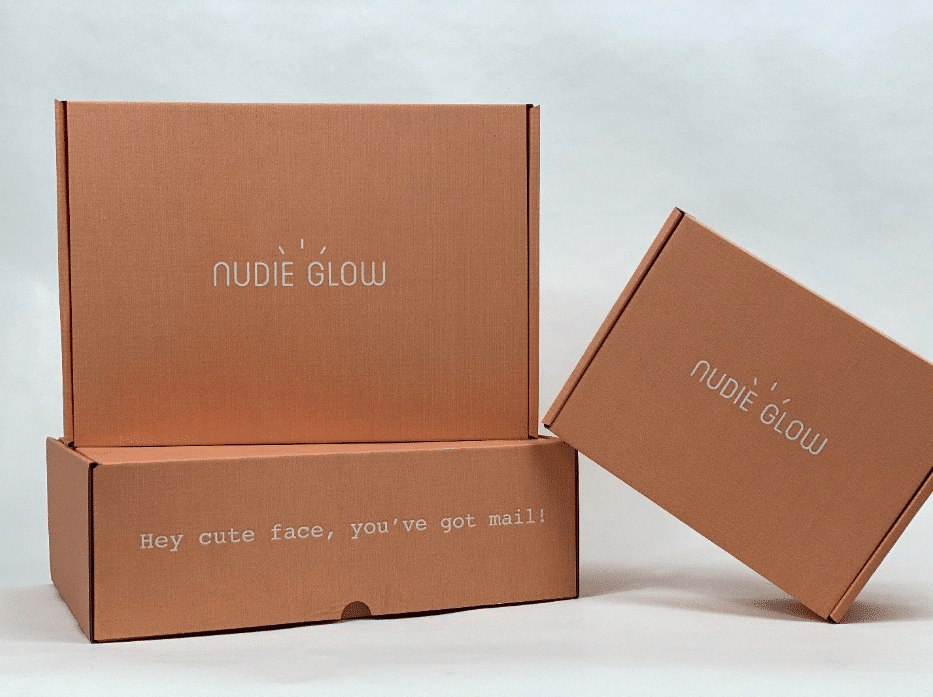
The modern-day consumer has become increasingly concerned with how brands and businesses address the risks and damages consumerism poses on the environment.
We have become mindful of our consumption and how it impacts ocean health, climate change and waste accumulation.
As a result, there has been a conscious shift in the mindset of consumers regarding sustainability which influences which brands/businesses they want to associate with as a customer.
Businesses are now responding to this growing consumer concern and are switching to sustainable packaging, sourcing, and manufacturing.
At PPI, we believe every effort counts towards reversing and reducing the harmful impacts on the environment and we make it a priority to assist businesses in making a seamless transition to sustainable packaging.
As a sustainability-focused business ourselves, we have installed a commercial solar system at our production unit – to maximise efficient energy consumption.
“PPI is committed to building a cardboard business where sustainability is key. Our robust processes and state-of-the-art infrastructure highlight our dedication toward reusing, recycling and ensuring a greener future. Together, we are building a more sustainable business model.”
– Karl Joyce, Managing Director, PPI
Benefits of Sustainable Packaging
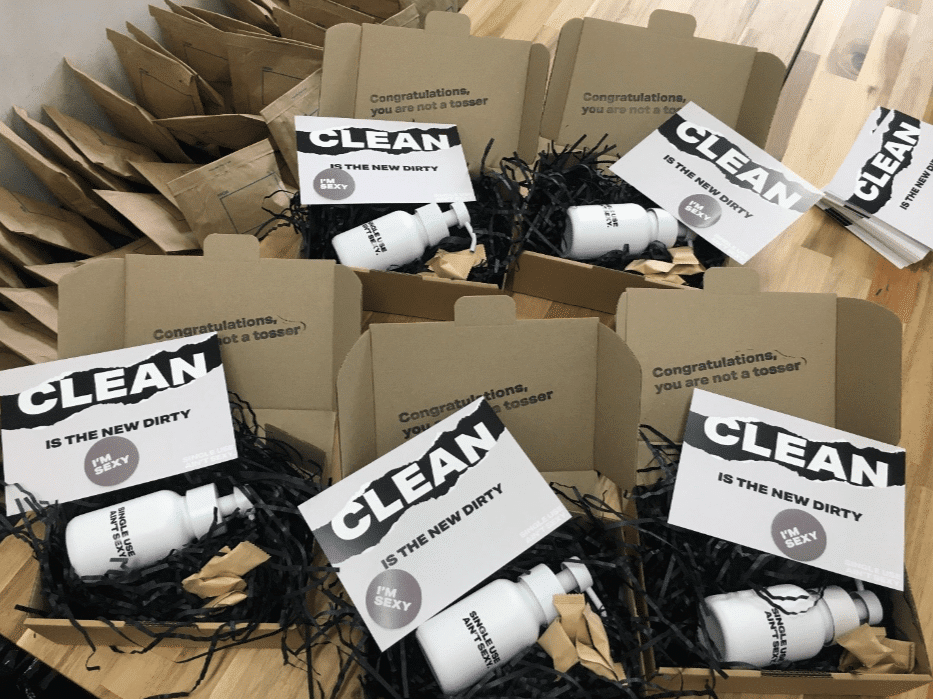
Reduces Packaging Waste
Eco-friendly packaging materials are easy to recycle, can be reused/repurposed many times after the initial use and decompose much faster than plastic. Thus, significantly decreasing the environmental impact of packaging waste that is conventionally comprised primarily of plastic. This not only reduces the waste in landfills which are a rising source of environmental degradation, but also decreases the likelihood of ocean plastics which severely impacts marine life.
Promotes Circular Economy
By reusing and repurposing the same packaging/materials – businesses not only lower the waste produced but also conserve the virgin resources used. This is a progressive approach, in contrast to the linear economy where products have a purchase-to-sale, singular lifecycle. It gears businesses towards eco-effectiveness, where the focus is on longevity to maximise the usability of the material, along with exploring disposal options after all use cases have been exhausted.
Appeals to the Socially Conscious Consumer
Early adopters of sustainable packaging and eco-alignment have seen an increase in sales and consumer preferences. Young consumers are quickly replacing their trusted and long-term brand associations to make ethically aware choices. Sustainable packaging serves as an added advantage to capture the market that is drawn to making sustainable and eco-friendly consumer choices. Switching to sustainable packaging will make your products friendly to a whole new segment of consumers, therefore, increasing sales and market share.
Lowers Energy Consumption
Disposal of sustainable packaging is both an eco-friendly and energy efficient process. This is also true for manufacturing processes. Sustainable packaging materials can be broken down easily using natural resources. They are then converted into fertilizers and used to create new soil. The new resource, thus created, helps farmers protect their crops from rotting without using extensive chemicals that are potentially harmful.
Different Types of Sustainable Packaging
- Biodegradable packaging – made from material that can be broken down naturally.
- Compostable packaging – specially designed to break down in compost pits.
- Recycled Content packaging – reduces demand for new raw materials by using previously recycled materials.
- Reusable packaging – packaging that can be repurposed beyond the initial use, reduces the use cases for single-use packaging.
- Recyclable packaging – processing old packaging to use as raw materials for new packaging.
- Plant-based packaging – made from renewable resources such as cornstarch and sugarcane.
- Paper-based packaging – made from consciously sourced paper, such as from sustainably managed forests.
- Aerogel packaging – utilises lightweight aerogels with low impact on the environment.
- Edible packaging – safe for consumption, made from seaweed and other edible substances.
- Mushroom packaging – utilises the root structure of mushrooms to produce degradable/compostable packaging.
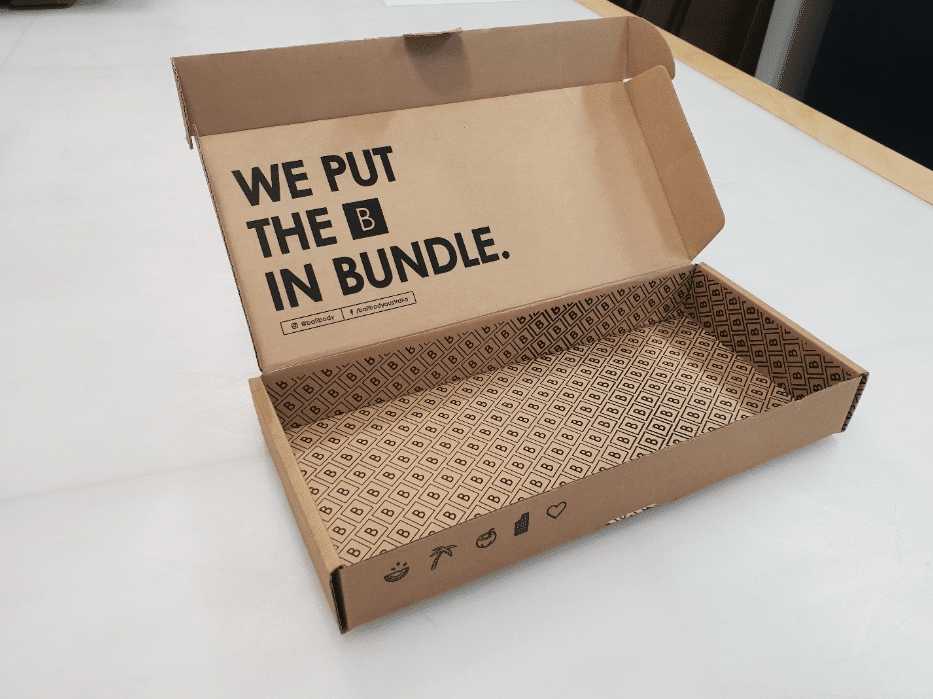
At PPI, our cardboard packaging contains high content of recyclable material, finely balanced with sustainable plantation timber. Materials are largely certified by FSC (Forest Stewardship Council).
As a modern-day business, conducting a sustainability audit of production and packaging processes is essential to identify changes that can positively impact the environment.
This assists in mitigating the pressure on natural resources, which is mounting due to the surge in consumption demand.
We are committed to eliminating unsustainable, non-eco friendly materials from our clients’ packaging such as foam and plastic. We design and manufacture packaging from recycled and recyclable cardboard, further ensuring that cardboard offcuts resulting from our production process, are recycled into paper/cardboard through our circular economy partners for future use.
PPI is known Australia-wide and internationally for its design innovations and production of sustainable packaging. If you are ready to switch to eco-friendly packaging that appeals to a larger audience, connect with us to get started.


